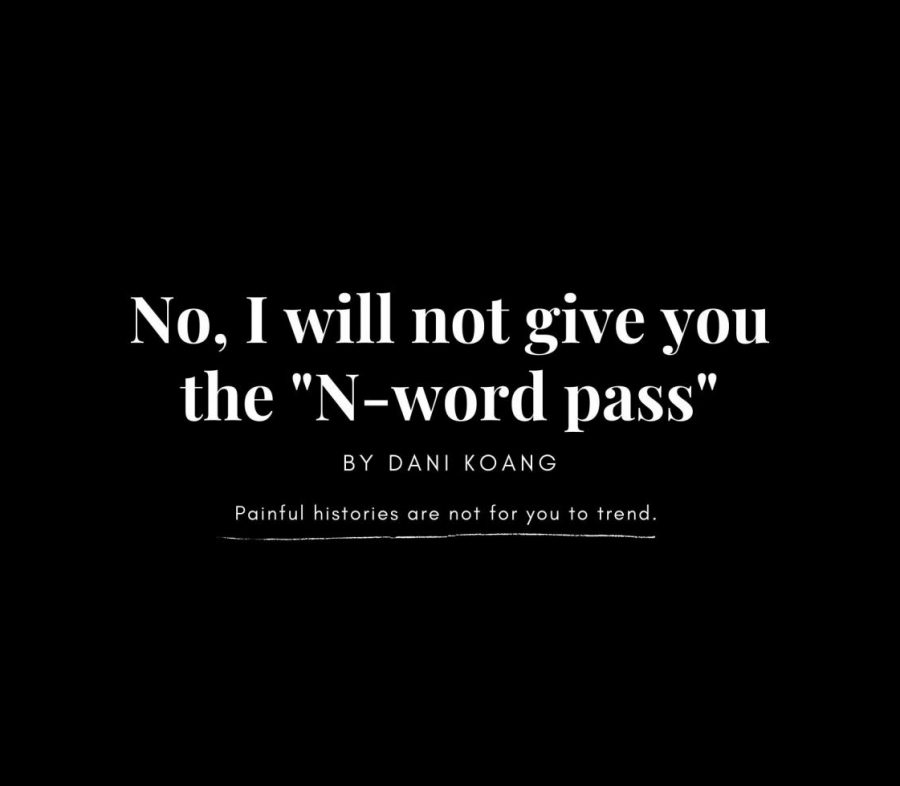The fact that Black people are still fighting to see the use of the German equivalent of the "N-word" deemed racist, Arce said, should be telling. In December, the State Constitutional Court of Mecklenburg-Western Pomerania, the equivalent of a state Supreme Court in the U.S., issued an ambiguous ruling suggesting that, while the term's use can be pejorative, whether it should be considered discriminatory depends on the context in which it is used.
阿爾塞說,在黑人的眼中,他們將德國使用“N-word”字眼的人認為是種族主義者,并一直為此斗爭,這一事實應該是很有說服力的。去年12月,美國州梅克倫堡-西波美拉尼亞州憲法法院(相當于州立最高法院),發布了一項模棱兩可的裁決,認為盡管“N-word”的使用可能帶有貶義含義,但是否應被視為具有歧視性質,這取決于使用背景。
The ruling sparked an outrage among many, with more than 130,000 people signing an online petition published on Change.org to see the N-word deemed racist in Germany.
這一裁決引發了許多人的憤怒,超過13萬人簽署了一份發布在Change.org上的線上請愿書,要求在德國看到“N-word”,就視為種族主義者。

"Can you imagine activists in the U.S. fighting to get the government to recognize the N-word as a bad word?" Arce said. "So, if you are a Black person and someone screams the N-word at you over and over again while attacking you, it won't be tried as a hate crime."
“你能想象美國的激進分子為了讓政府認識到N-word是個貶義詞而進行斗爭嗎?”阿爾塞說。“所以,如果你是一個黑人,有人在攻擊你的時候一遍又一遍地對你喊N-word,那就不會被當作仇恨罪來審判。”
Even since Floyd's death, with protests being held under the BLM banner in Berlin and a global conversation taking place about systemic racism, Arce believes many Germans continue to view it as a largely U.S. problem. "No one here is talking about this, it's extremely rare," she said. When Arce and other advocates do get contacted by the press, she said, it's to be asked to comment on racism in Germany "from a personal anecdotal level," rather than to talk about it "from a structural level."
即使弗洛伊德死后,柏林的抗議活動高舉“黑人的命也是命”旗幟,全球范圍內關于系統性種族主義的討論也如火如荼,阿爾塞認為,許多德國人仍然將其視為主要是美國的問題。“這里沒有人在談論這個,這是極其罕見的,”她說。當媒體聯系阿爾塞和其他倡導者時,她說,應該“從個人軼事的角度”來評論德國的種族主義,而不是“從結構層面”來談論。
譯文由可可原創,僅供學習交流使用,未經許可請勿轉載。













